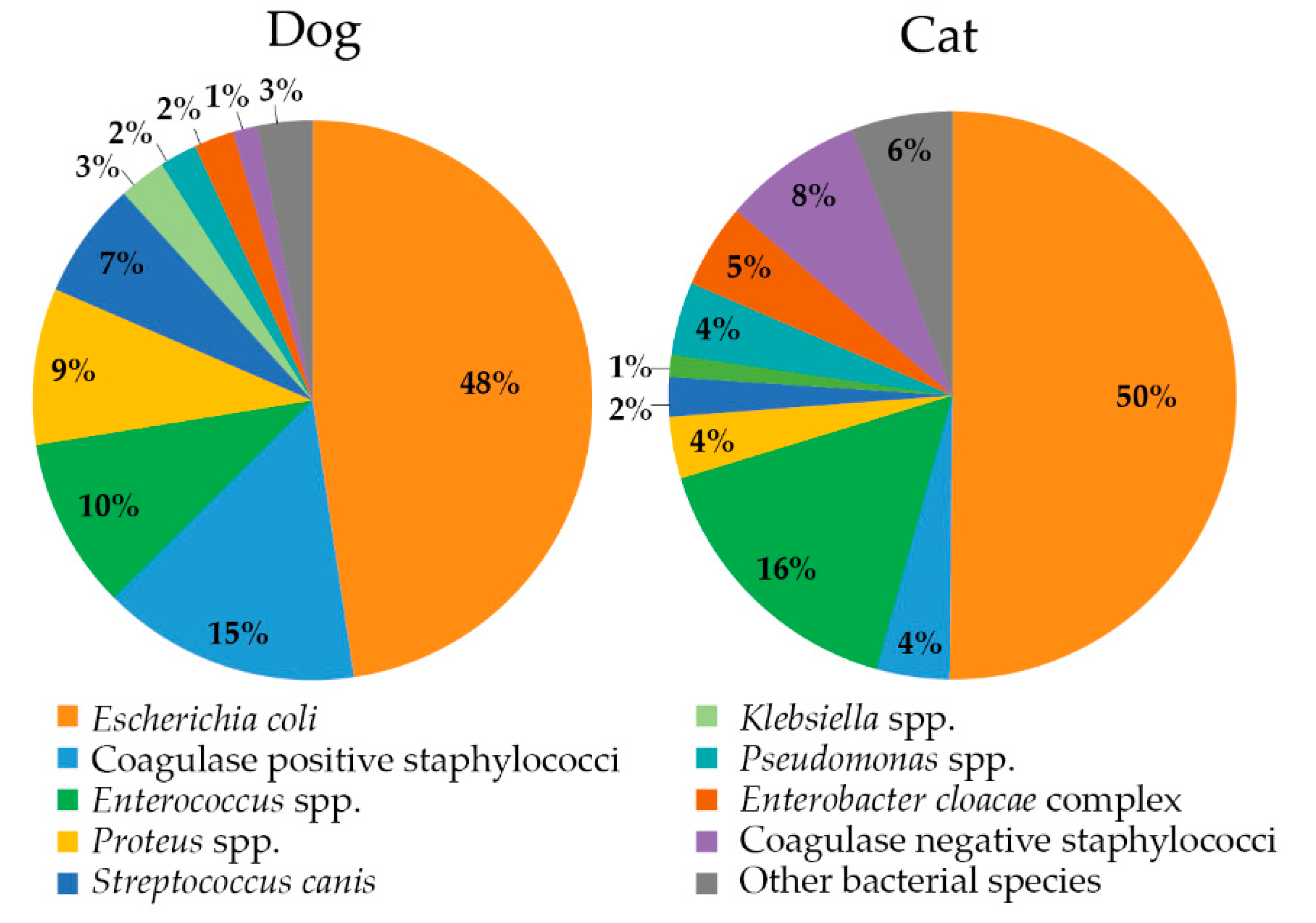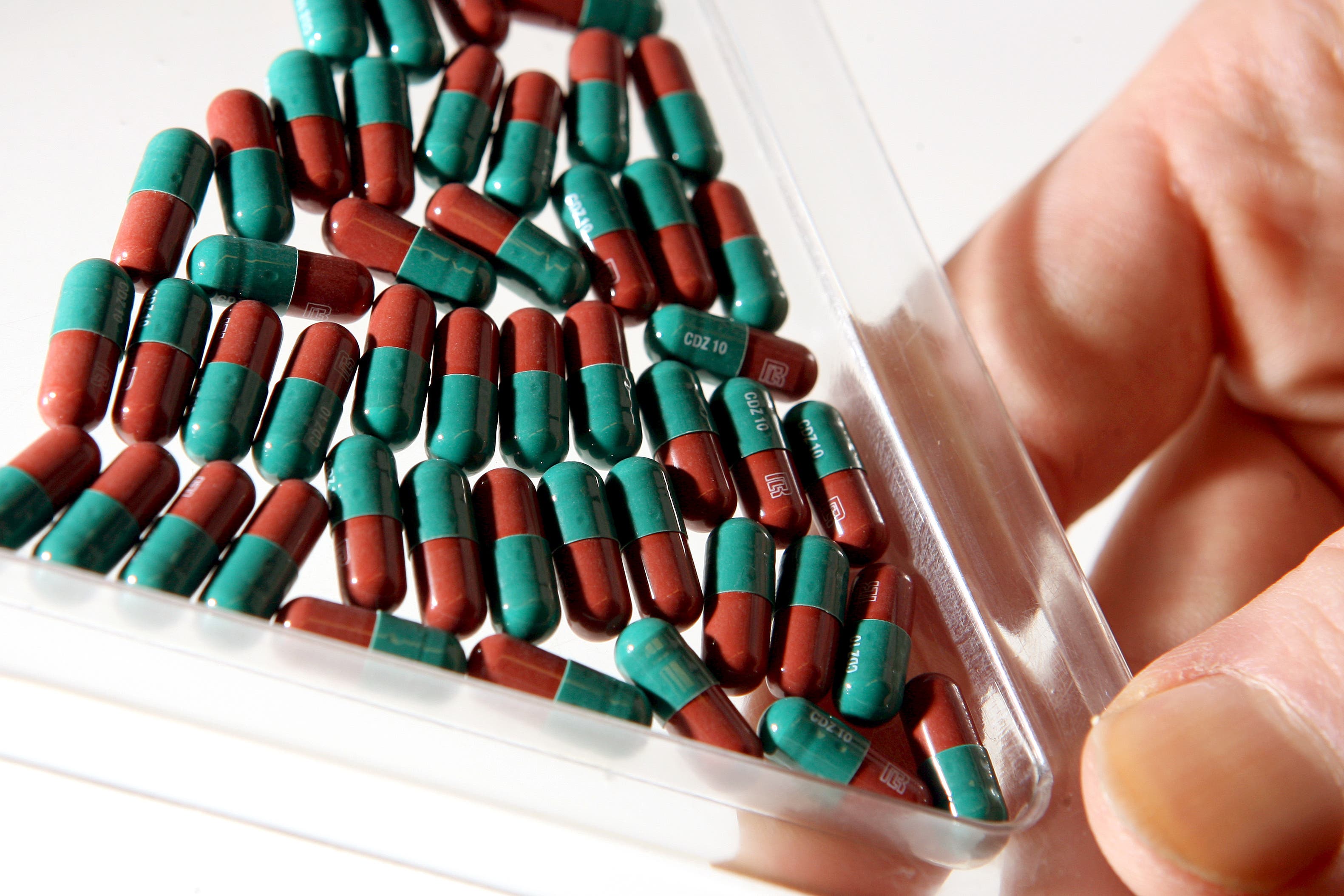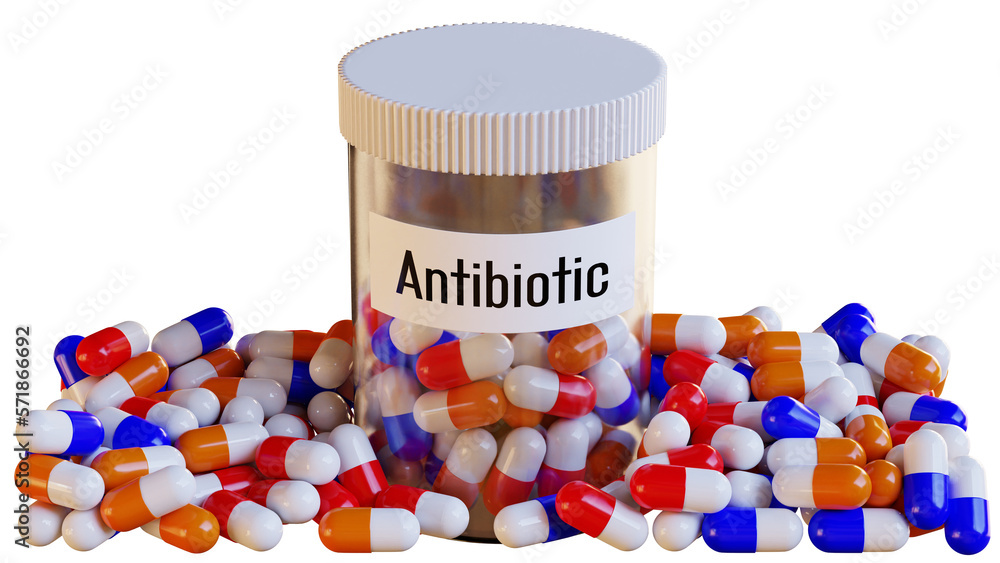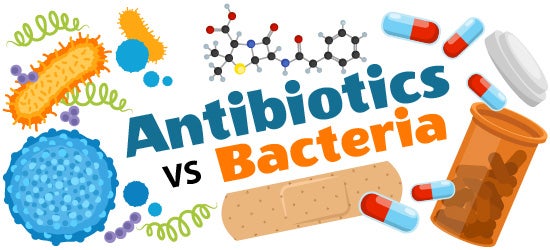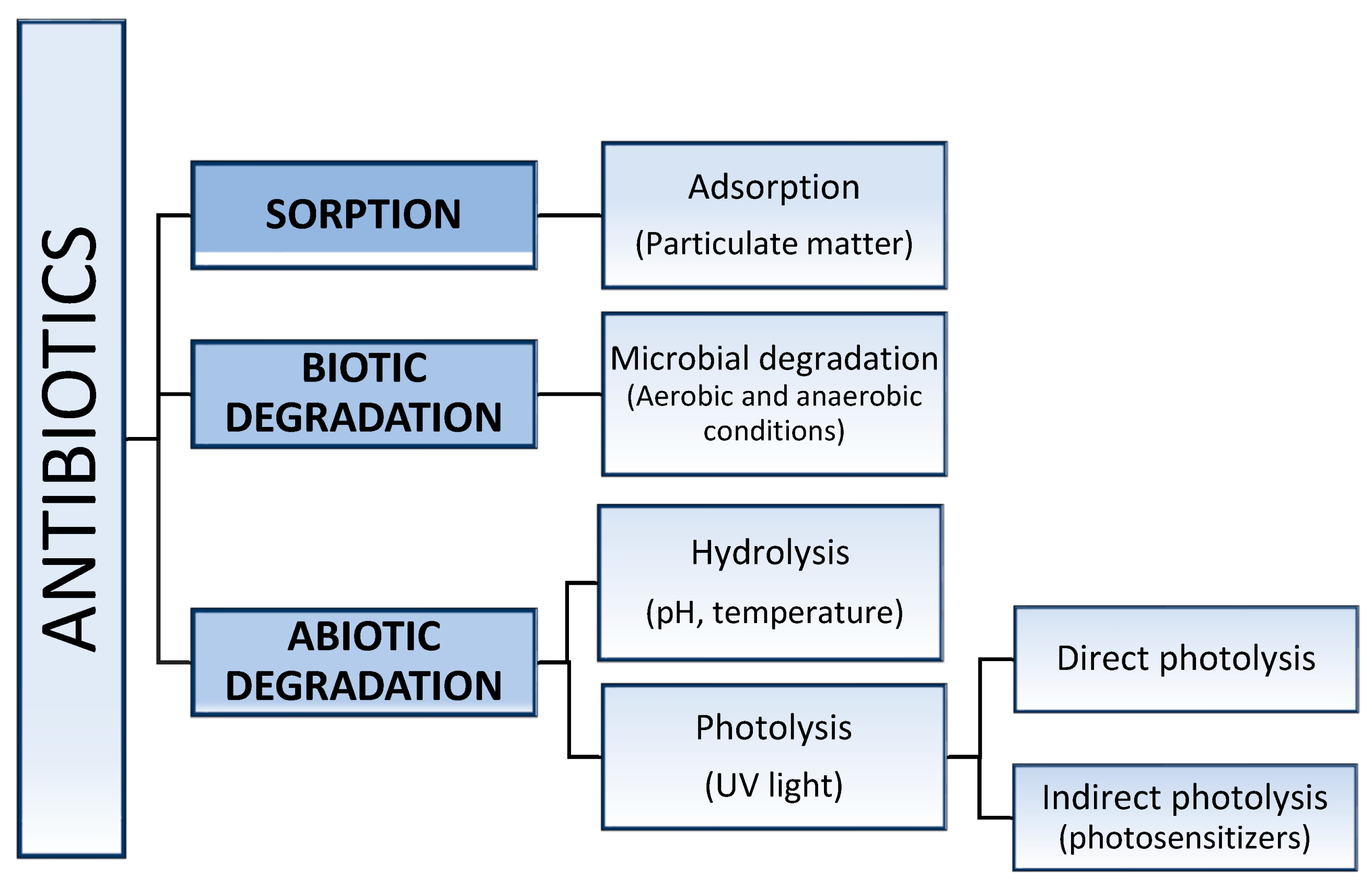· antibiotics are among the greatest achievements in medical history. · antibiotics are medications that fight bacterial infections. And remember, antibiotics do not work against viral infections, like a cold, most coughs or covid. Antibiotics are also used to prevent infection in cases of neutropenia particularly cancer-related. They do this by killing the bacteria or by keeping them from copying themselves or reproducing. But they’re not for every sickness, and they can cause side effects like diarrhea. Medical professionals use them to treat a wide range of infections, such as pneumonia, strep throat, meningitis, urinary tract. When an infection is suspected of being responsible for an illness but the responsible pathogen has not been identified, an empiric therapy is adopted. Antibiotics are sometimes called antibacterials or antimicrobials. When should i use an antibiotic? Learn more here. Coli. , and either kill the bacteria (bactericidal) or keep it from reproducing and growing (bacteriostatic). They have saved hundreds of millions of lives, made modern medicine possible, and reshaped how we … Antibiotics are powerful, lifesaving medications that treat bacterial infections like strep throat and urinary tract infections. Different types of antibiotics are used to treat infections, such as utis and stis. · antibiotics are medicines that treat certain bacterial infections, either by killing bacteria or by preventing their growth. · antibiotics include a range of powerful drugs that kill bacteria or slow their growth. Ask a gp or pharmacist for advice. · antibiotic , chemical substance produced by a living organism, generally a microorganism, that is detrimental to other microorganisms. [40][41] the use of antibiotics for secondary prevention of coronary heart disease is not … · common antibiotics include amoxicillin, erythromycin, and cefalexin. Since then they have revolutionized the treatment of bacterial infections. Antibiotics are medications used to treat bacterial infections. They work by killing the bacteria or by making it hard for the bacteria to grow and multiply. Antibiotics came into worldwide prominence with the introduction of penicillin in 1941. Examples of common antibiotics include penicillin , azithromycin , clindamycin , and cephalexin. · antibiotics are a group of medicines that are used to treat some bacterial infections. Antibiotics specifically treat infections caused by bacteria, such as staph. , strep. , or e. (metronidazole is effective against a number of parasitic diseases). Antibiotics came into worldwide … They treat bacterial infections, not viruses. Antibiotics are used to treat or prevent bacterial infections, [37] and sometimes protozoan infections. · antibiotics are medicines that help stop infections caused by bacteria. Antibiotics specifically treat infections caused by bacteria , such as staph. , strep. , or e. · antibiotics are medicines that fight bacterial infections in people and animals. They are not effective against viral infections and most other infections. Antibiotics either kill bacteria or stop them from reproducing, allowing the bodys natural defenses to eliminate them. People at a high risk of infection may also be given antibiotics as a precaution, known as antibiotic prophylaxis. · antibiotic, chemical substance produced by a living organism, generally a microorganism, that is detrimental to other microorganisms.
Antibiotics And Mucinex: A Doctor'S Urgent Warning?
· antibiotics are among the greatest achievements in medical history. · antibiotics are medications that fight bacterial infections. And remember, antibiotics do not work against...




